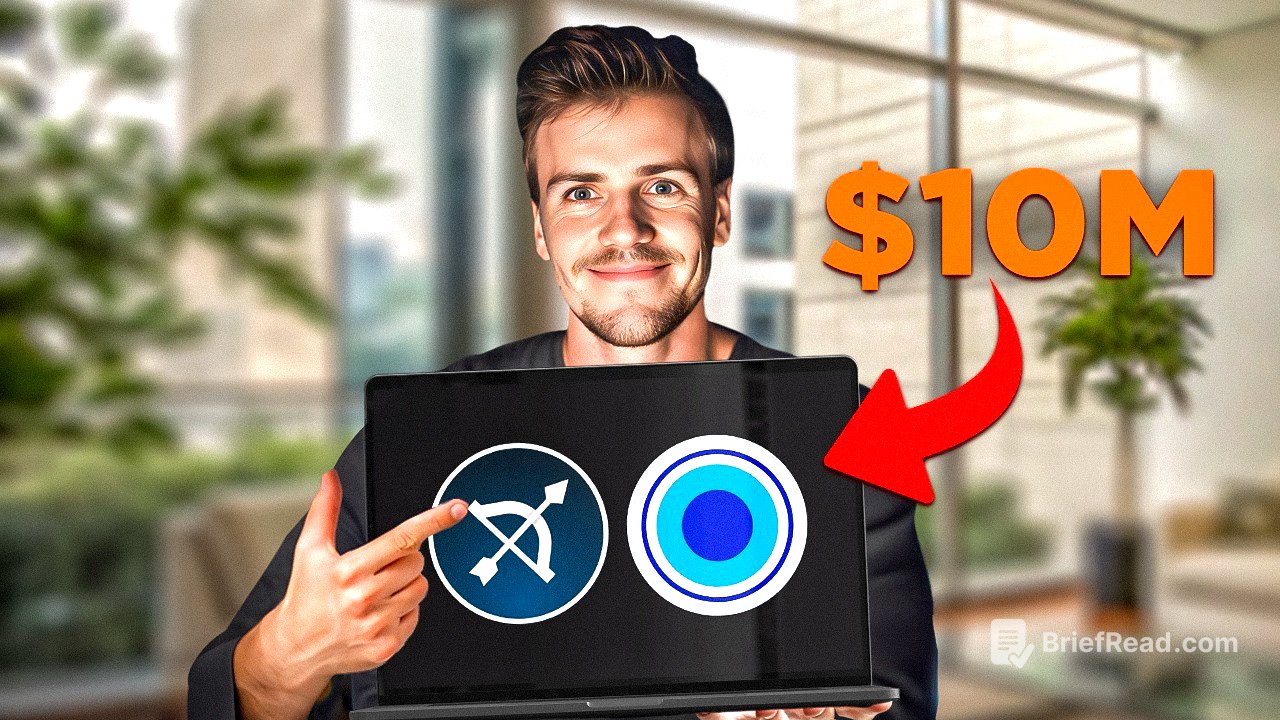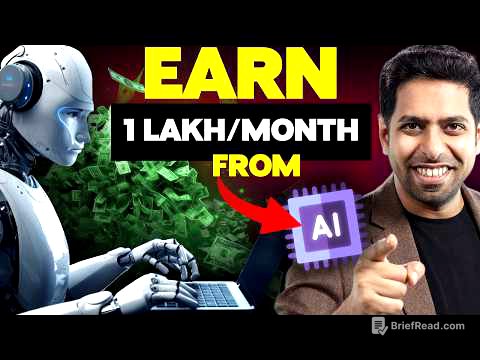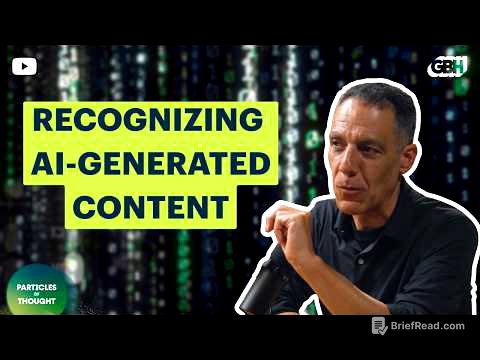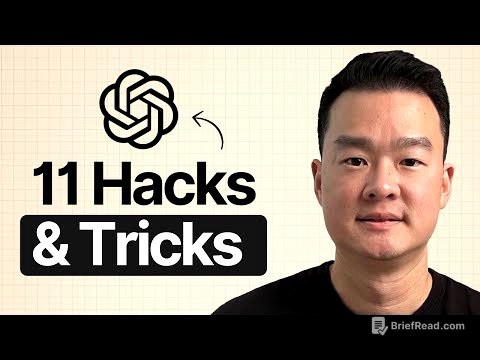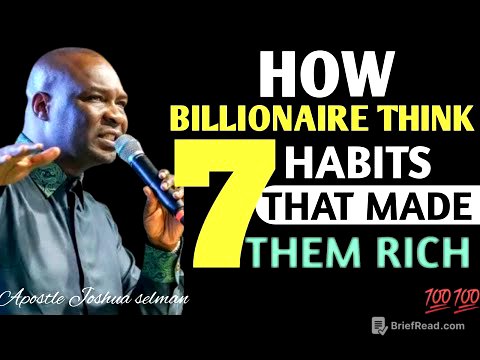TLDR;
This video features an interview with Tibo Lewis Lucas, a successful bootstrapped SaaS founder. Tibo shares his journey from venture-backed failures to building a $10 million exit through bootstrapping. He emphasizes the importance of focusing on revenue, iterating quickly, and building in public. Tibo also discusses the evolving nature of SaaS, the importance of finding the right co-founders, and the benefits of acquiring existing products.
- Tibo's journey from venture-backed failures to bootstrapped success.
- The importance of focusing on revenue and iterating quickly.
- The evolving nature of SaaS and the importance of finding the right co-founders.
Bootstrapping to a $10 Million Exit: Tibo Lewis Lucas's Founding Journey [0:00]
Tibo Lewis Lucas shares his experience as a founder, highlighting his journey from two failed venture-backed companies to a successful bootstrapped SaaS business that resulted in a $10 million acquisition. He emphasizes the importance of focusing on revenue as the primary metric for success, rather than user growth or other vanity metrics. Tibo explains that his previous venture-backed companies failed due to his focus on hiring a large team and trying to manage them, which ultimately hindered product development and market fit.
The "Ship One Product Per Week" Approach [3:43]
Tibo describes his approach to building his third company, where he and his co-founder focused on shipping one product per week until they found something that resonated with the market. This rapid iteration process allowed them to quickly pivot and identify product-market fit, ultimately leading to the success of Tweet Hunter. He emphasizes the importance of being hands-on and iterating quickly, especially in the early stages of a startup.
Building in Public: The Evolving Landscape [7:59]
Tibo discusses the changing landscape of building in public, acknowledging that while it was beneficial in the past, it can be more challenging today due to the ease of copying products and the proliferation of AI tools. He suggests that building in public can still be valuable for founders without a large audience or established product, but it can be detrimental for those with a significant following.
Moats in a Post-AI World [11:06]
Tibo explores the concept of moats in a world where AI is rapidly changing the landscape of product development. He identifies three key moats: data, distribution, and network effects. He argues that data, especially in-house data, is difficult to copy, while distribution channels like a strong YouTube audience can provide a significant advantage. Network effects, as seen in platforms like Twitter and X, can also create a powerful moat.
Platform Risk and the Importance of Personal Brands [12:23]
Tibo discusses the risks associated with relying on platforms like Twitter and LinkedIn, highlighting the potential for bans and changes in algorithms. He emphasizes the importance of diversifying revenue streams and building a strong personal brand to mitigate platform risk. He believes that personal brands are becoming increasingly valuable in the SaaS world, as customers are more likely to purchase products from founders they trust and admire.
The Power of Equity Partnerships [21:12]
Tibo advocates for equity partnerships with developers and co-founders, arguing that it fosters a higher level of motivation and commitment. He believes that working with individuals who are passionate about their own ideas and have a strong stake in the success of the product leads to better outcomes.
Acquiring Products vs. Companies [27:38]
Tibo explains his preference for acquiring products or assets rather than entire companies, citing the complexity and legal hurdles involved in company acquisitions. He highlights the simplicity and efficiency of acquiring specific assets, especially in the context of micro-acquisitions, where the process can be streamlined and completed quickly.
The Future of SaaS: AI and the Rise of Personal Brands [51:53]
Tibo speculates on the future of SaaS, acknowledging the potential impact of AI on product development and the increasing importance of personal brands. He believes that AI could lead to a future where companies rely on individuals to build custom software solutions using AI tools, potentially reducing the need for traditional SaaS products. However, he also acknowledges the possibility that AI might not be as transformative as some predict, leading to a continued focus on well-built software and strong personal brands.
Burnout and the Importance of Community [55:37]
Tibo discusses the challenges of burnout, particularly after experiencing the failure of his first two venture-backed companies. He emphasizes the importance of community, exercise, healthy eating, and sleep in maintaining mental well-being, especially when working remotely. He also highlights the importance of recognizing when to continue and when to quit, acknowledging that the decision to persevere is often clearer than the decision to walk away.
Rapid Fire Outro [59:06]
Tibo answers a series of rapid-fire questions, sharing his thoughts on ideal investors, the startup world, advice for first-time founders, and his belief that quantity is often better than quality in product development. He concludes by emphasizing the importance of shipping products quickly and getting feedback from the market.
